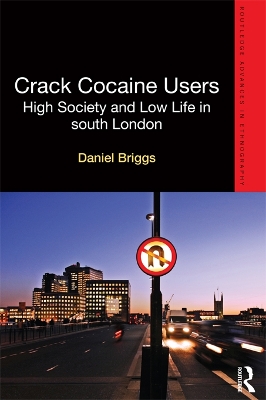Routledge Advances in Ethnography
1 total work
Crack cocaine users have significant health problems, and place a significant burden on social services, the criminal justice system and drug treatment agencies. Among policymakers, professionals and the wider section of society, they are the most poorly understood drug-using group and have the worst retention rate in prison drug programmes and community drug agencies.
This book is about their addictions and the realities of their lives. Based on ethnographic research (observation and interviewing) conducted in south London, it aims to highlight their day-to-day struggles as they attempt to survive in a violent and intimidating street drug scene while trying to make changes to their lives. The book unpacks the myths and stigma of their drug use, highlighting their fragile position in society in an effort to better understand them. With the help of several key characters, the book uses their words and experiences to take the reader on a journey through their crack addiction from a life in and out of crack houses, their experiences with law enforcement and welfare agencies to their life aspirations.
The findings have important policy implications, and are relevant and accessible to academics and students in the field of criminology, sociology, psychology, and research methods. The research is equally relevant for central and local government policymakers, and frontline healthcare and drug agency staff.
